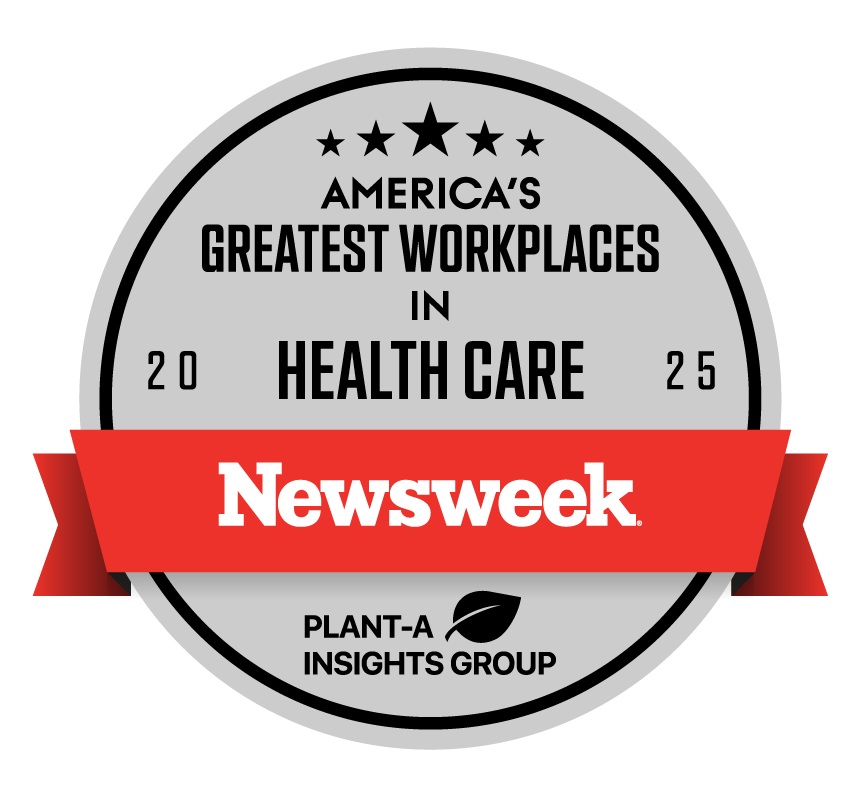A Letter from Our President: Kurt Isaacson Reflects on 2025
Reflecting on 2025, one message rises above the rest: We are not slowing down. Despite ongoing uncertainty in the world around us, Spectrum Health Systems continues to move forward, expanding our services, deepening our community impact, and reaffirming our commitment to providing accessible, life-changing treatment. We’ve never let turbulence stand ...
Inhalant Misuse: What You Need to Know
When most people think about substance misuse, they picture alcohol, opioids, or other drugs. But one of the most dangerous and overlooked types of substance misuse involves products found in almost every home, like cleaning fluid, glue, or even whipped cream canisters. When someone intentionally inhales these vapors or fumes ...
Supporting a Partner in Early Addiction Recovery
Early addiction recovery is an important and challenging phase for anyone beginning treatment for a substance use disorder. It’s also a significant adjustment period for their romantic partners. As routines shift, emotions run high, and treatment decisions evolve, partners may feel unsure about how to help or what their role ...
Board Member Spotlight: Rev. Dr. Susan Suchocki Brown
Spectrum Health Systems is honored to spotlight Rev. Dr. Susan Suchocki Brown, a dedicated board member whose lifelong work in counseling, ministry, and trauma response reflects Spectrum’s core values of hope, healing, and community. With a career spanning five decades, she brings a rare blend of clinical experience, spiritual insight, ...
What is the Alcohol Breaking Point?
Alcohol misuse doesn’t always look like the movies. It doesn’t have to involve a DUI, losing a job, or hitting a dramatic “rock bottom.” For many people, the breaking point with alcohol begins quietly, long before life unravels on the outside. Maybe drinking still feels “normal” from the outside. Maybe ...
National Recovery Month 2025: Recovery Is REAL
Every September, we come together to recognize National Recovery Month. It’s a time to celebrate the power of addiction recovery and to uplift the individuals, families, and communities whose lives are changed by it. At Spectrum Health Systems, we believe in the promise of recovery, and we see that promise ...
Exploring the Therapeutic Benefits of Journaling in Addiction Recovery
Addiction recovery is filled with milestones, challenges, and personal growth. While professional treatment and a strong support system are foundational, some of the most transformative tools in recovery are the simplest, like journaling. Journaling offers a private space to process your feelings, track your progress, and reinforce your commitment to ...
What Are the Early Warning Signs for Alcohol Addiction?
Alcohol addiction doesn't always begin with obvious signs. For many, it can start small with a drink to unwind after work, a way to loosen up socially, or a habit that slowly becomes necessary. But when alcohol begins to take more than it gives, it may be time to pause ...
Why Words Matter When Talking About Addiction Recovery
When it comes to addiction, stigma still runs deep. It shows up in the glances people give, the assumptions they make, and the words they use. Words can carry judgment, shame, and misunderstanding but also hope, dignity, and healing. For those living with substance use disorder, language can equate to ...
PTSD Awareness Month: Addressing PTSD and Substance Use Disorder in Addiction Recovery
Post-traumatic stress disorder (PTSD) and substance use disorder (SUD) frequently occur together, creating complex challenges for those seeking recovery. Studies show that 20 to 35 percent of individuals with PTSD also have a substance use disorder, while an even larger percentage of those struggling with addiction have a history of ...
How to Handle Setbacks Without Losing Hope in Addiction Recovery
Addiction recovery isn’t a straight line. It’s a winding road with highs and lows, moments of triumph, and times that test your resolve. If you’ve experienced a setback on your recovery journey, know that you are not alone and are not failing. Setbacks are not the end of the road. ...
How Building a Daily Routine Adds Much-Needed Structure in Addiction Recovery
Establishing a positive daily routine is crucial for anyone navigating the complexities of addiction recovery. A daily routine is a practical tool and an essential foundation that can have a lasting impact on physical and mental health. Here's how to develop a structured schedule to benefit your recovery journey. Why ...
Recognizing National Social Work Month
Every March, we recognize National Social Work Month — a time to honor and celebrate the compassion, dedication, and impact social workers have in our communities. This year's theme, "Social Work: Compassion + Action," captures what social workers provide daily to individuals and families facing life's toughest challenges, including addiction ...
Self-Care in Recovery isn’t Selfish: Learn Why You’re Worth It
For many people in addiction recovery, the idea of self-care can feel uncomfortable, even selfish. After years of living with guilt, shame, or low self-worth, prioritizing your own needs may seem unnecessary or indulgent. But self-care isn't just important in recovery — it's essential. Without it, the foundation of your ...
How G.A.A.P. Recovery is Transforming the Lives of Men and Fathers in Addiction Recovery
In addiction recovery, stigma often overshadows progress. Guided Addiction Access Points (G.A.A.P.) Recovery offers hope for men and fathers seeking a new path. Founded by Matt Gear and John Marhefka, two men with lived experience in addiction recovery, G.A.A.P. is a recovery program, community, support system, and a lifeline for ...


